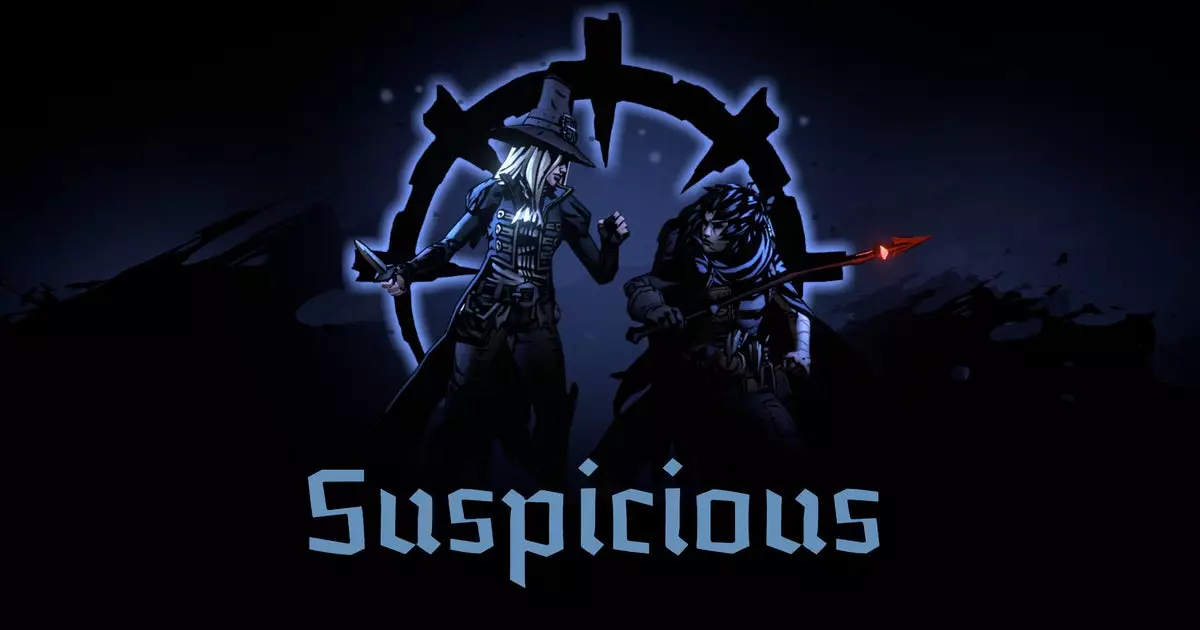In a bold and unexpected move, Behaviour Interactive, the developers behind the popular horror game Dead By Daylight (DBD), have announced the acquisition of Red Hook Studios, the creators of the acclaimed Darkest Dungeon series. This partnership may appear symbiotic at first glance, especially given their shared horror genre. However, the acquisition raises significant questions about the future of both studios, especially in light of Behaviour’s recent history of layoffs and studio closures.
The announcement comes on the heels of Behaviour Interactive’s decision to trim its workforce and shut down Midwinter Entertainment, a studio they had previously acquired. This kind of corporate maneuvering typically evokes a sense of skepticism among fans and industry insiders alike. Are these developments heralding a genuine expansion of creative resources, or do they signify a troubling trend of consolidation in an already volatile industry?
According to Behaviour, Red Hook will continue to operate as a “fully independent studio.” However, the parameters of this independence remain somewhat ambiguous. For fans and industry stakeholders, the term “independent” often conjures images of creative freedom, but it can take on a different meaning in the context of corporate acquisitions. Behaviour’s commitment to support Red Hook in their developmental processes is reassuring, but it remains to be seen how the balance of autonomy and corporate influence will manifest in practice.
Red Hook’s co-founder, Chris Bourassa, expressed optimism regarding the union, calling Behaviour “kindred spirits.” He emphasized their shared Canadian heritage and mutual passion for horror gaming. However, one must question if this camaraderie will translate into actual creative freedom for Red Hook. Will the studio retain its unique vision, or will it be nudged by Behaviour to align more closely with the mechanics and narratives that have made DBD commercially successful?
Behaviour’s CEO, Rémi Racine, has articulated grand ambitions for the future of their publishing endeavors, aiming to make Behaviour synonymous with horror-themed gaming titles. While such aspirations might invigorate the market for horror games, they also pose risks of homogenization. The gaming community often reacts negatively to attempts to replicate success without considering the unique narratives and mechanics that define different games.
Moreover, Behaviour’s reputation for cannibalizing characters from a variety of horror franchises—including those from other games—casts a long shadow over Red Hook’s future. It wouldn’t be surprising to see characters from Darkest Dungeon drawn into the DBD universe. This merging of brands could muddy the waters, particularly if fans feel that the essence of what makes Darkest Dungeon appealing—a challenging and psychologically intense experience—is compromised.
Despite the hurdles, there is legitimate potential for growth through this partnership. Red Hook is currently developing an ambitious expansion for Darkest Dungeon 2, aiming to convert the title into a turn-based board game—a fascinating evolution that could offer fresh narratives and gameplay mechanics. This project, if executed well, could further cement Red Hook’s place in the gaming world while benefiting from Behaviour’s resources and marketing prowess.
It’s vital to remain cautious, however. The gaming landscape has been littered with similar acquisitions that have extinguished the creativity of once-independent studios. It’s essential for Red Hook to maintain its core identity amidst the pressures of corporate affiliation. The gaming community will be watching closely—any misstep could result in a backlash against both companies, as gamers value innovation and integrity more than corporate synergy.
As with any acquisition, reactions from the gaming community are mixed. Some players are excited about the prospect of what Behaviour’s support could mean for Red Hook’s development. Others, however, express deep concern about the implications for future Darkest Dungeon titles, viewing Behaviour’s acquisition as a potentially damaging takeover. The commitment to “support” sounds promising, but fan skepticism is hardly unfounded given the industry’s sometimes predatory nature.
While Behaviour Interactive’s acquisition of Red Hook Studios opens the door to potential growth and innovation, it also presents numerous risks. The hope is that Red Hook will not only retain its identity but also thrive creatively under this new umbrella. The future will be shaped by how these two entities navigate their partnership, and whether they can synergize their strengths without compromising their unique voices in the gaming sphere.

